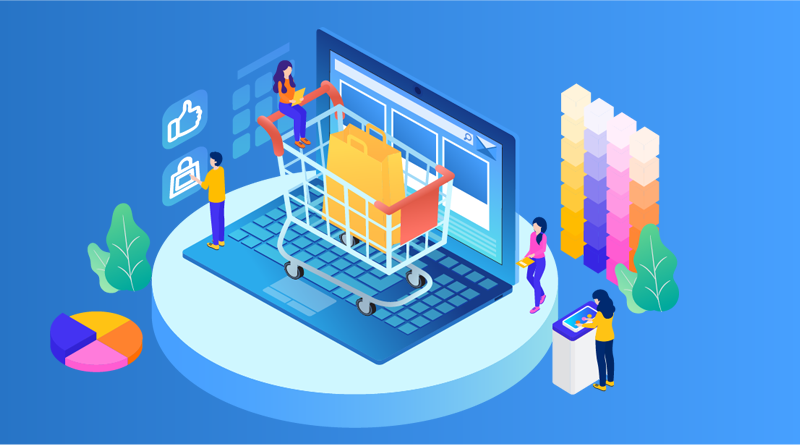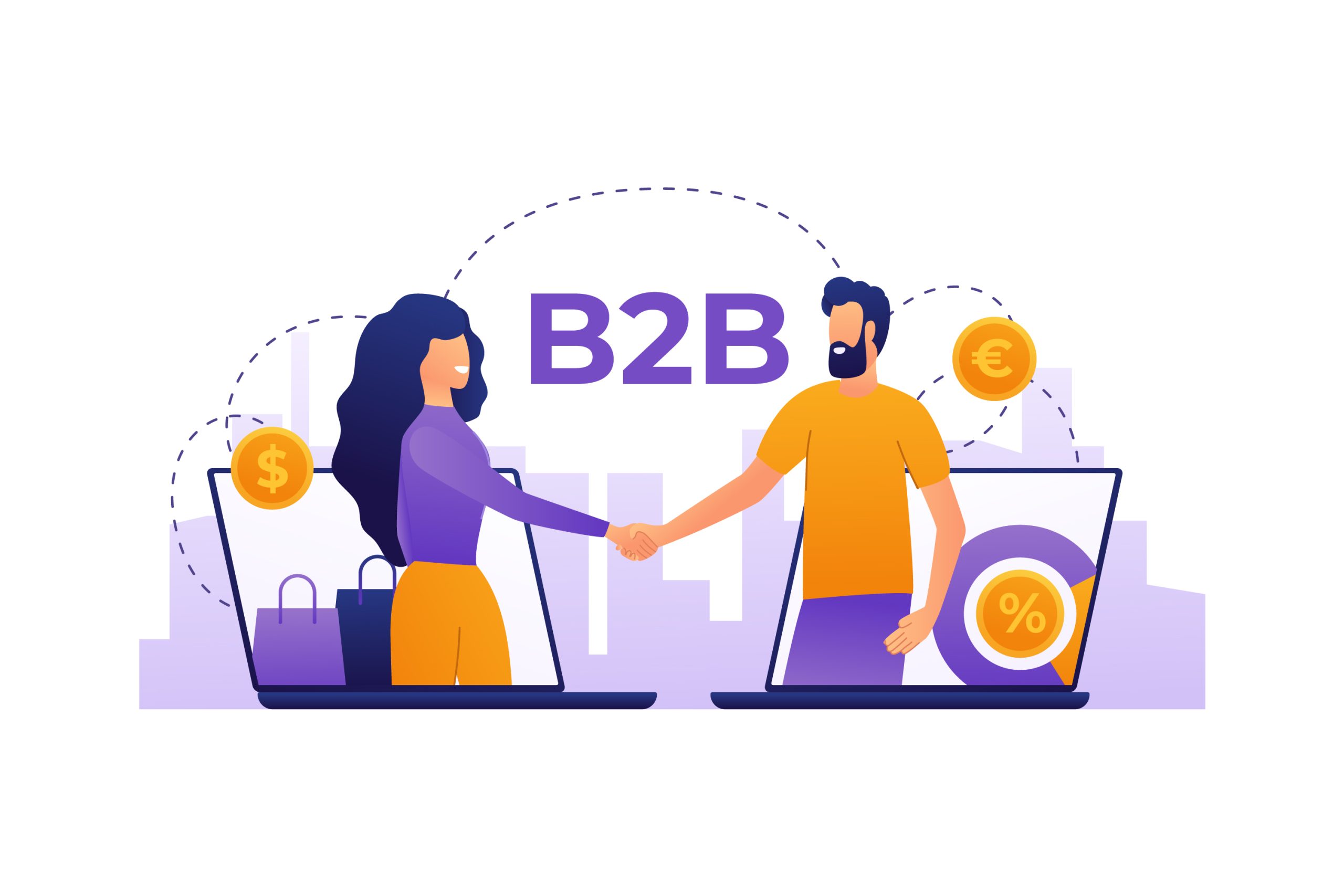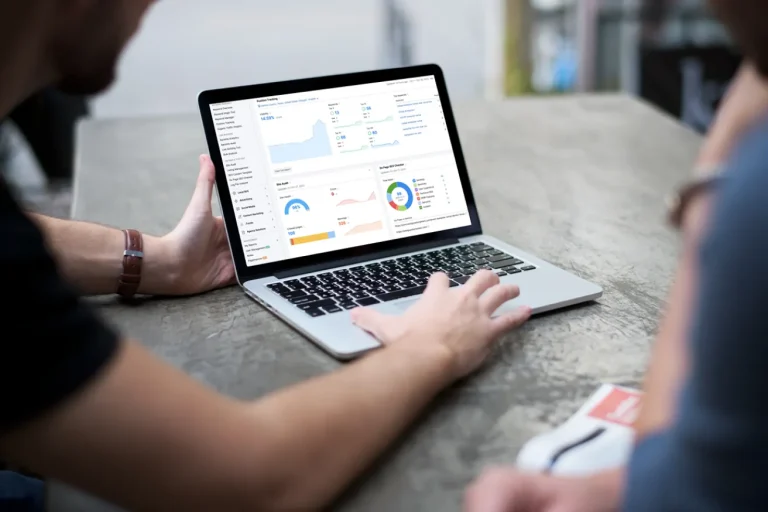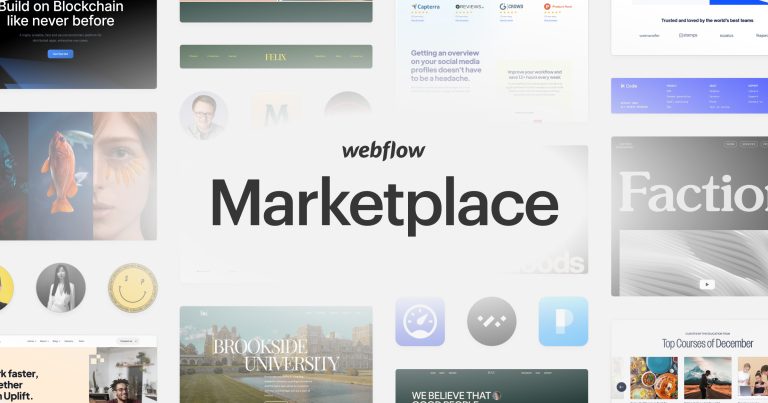B2B Marketplace: The Powerhouse of Wholesale Buying & Selling
The realm of business is experiencing a significant transformation. While B2C e-commerce has exploded in recent years, B2B transactions are also rapidly migrating online. At the forefront of this digital transformation is B2B marketplace, revolutionizing the way businesses buy and sell wholesale goods.
Understanding B2B Marketplace
B2B marketplace is essentially online platforms that connect businesses (buyers) with potential suppliers. Unlike traditional B2B transactions, which often involve direct communication and negotiation between individual companies, B2B marketplaces offer a centralized hub for efficient wholesale buying and selling.
Why Use a B2B Marketplace?
There are numerous advantages to utilizing B2B marketplaces for both buyers and sellers:
- Increased Efficiency: Streamline your procurement process by searching for products and comparing prices from a vast pool of suppliers in one convenient location. No more endless cold calls or manual supplier searches. B2B marketplaces offer advanced search functionalities and filters to help you refine your search based on specific criteria like product category, brand, price range, and even minimum order quantity (MOQ). This allows you to quickly identify qualified suppliers that meet your precise needs.
- Wider Reach: Gain access to a global network of potential buyers or sellers, expanding your market reach beyond geographical limitations. B2B marketplaces connect you with a diverse range of businesses you might not have discovered otherwise. This can be particularly beneficial for smaller businesses looking to expand their customer base or for established companies seeking new sourcing opportunities in international markets.
- Cost Savings: Enjoy competitive pricing and potentially reduced procurement costs by comparing offerings from multiple vendors. B2B marketplaces foster a competitive environment, encouraging suppliers to offer their products at attractive prices. Additionally, B2B marketplaces often offer features like secure payment processing and streamlined logistics, potentially reducing administrative overhead associated with traditional B2B transactions.
Examples of Popular B2B Marketplaces
- Alibaba: A leading global B2B marketplace catering to a wide range of industries, from consumer electronics and apparel to industrial machinery and raw materials. Alibaba offers a vast selection of products from millions of suppliers around the world.
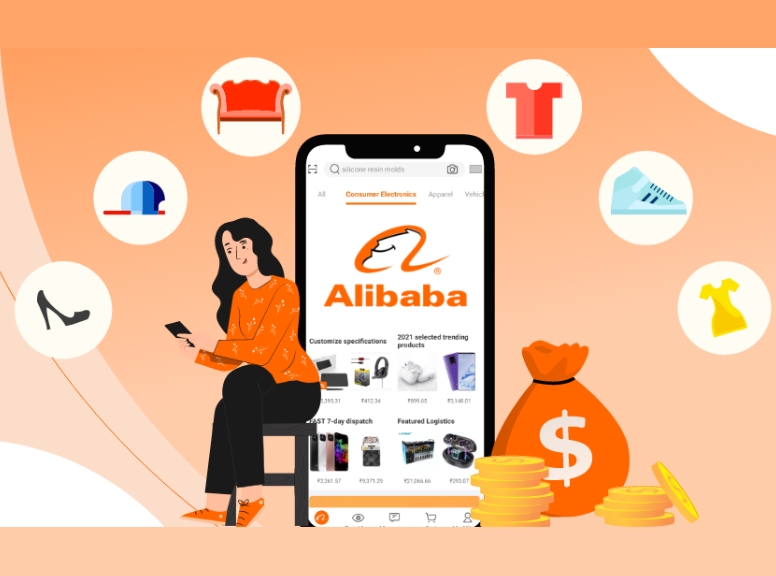
- Amazon Business: A dedicated platform within Amazon focused on B2B transactions, offering a vast selection of business supplies and industrial products, often with the benefit of fast and reliable fulfillment through Amazon’s established logistics network.

- Grainger: A vertical marketplace specializing in industrial supplies, MRO (maintenance, repair, and operations) products, and safety equipment. Grainger caters to the specific needs of businesses in various sectors such as manufacturing, construction, and facilities management.

Types of B2B Marketplace
The B2B marketplace landscape offers options to cater to various business needs:
- Horizontal Marketplaces: These platforms, like Alibaba, serve a broad range of industries, offering a diverse selection of products from numerous suppliers. They function as a one-stop shop for businesses seeking a wide variety of goods.
- Vertical Marketplaces: Focus on specific industries, catering to the specialized needs of a particular sector. For instance, Grainger exclusively deals with industrial supplies, offering in-depth product knowledge and expertise relevant to that specific industry. This can be advantageous for buyers seeking industry-specific products and guidance.
- Private Marketplaces: These restricted-access platforms are designed for pre-approved members, often used within a specific industry for streamlined procurement within a supply chain. They can improve communication and collaboration between businesses within a particular ecosystem.
How B2B Marketplaces Work
The Buyer’s Journey:
1. Search and Discovery: Utilize filters and search functions to narrow down options from a vast selection of suppliers based on specific needs and specifications. B2B marketplaces often provide advanced search functionalities that allow you to search by product category, brand, price range, minimum order quantity (MOQ), and other relevant criteria. You can also leverage features like product reviews and supplier ratings to make informed buying decisions.
2. Comparison and Evaluation: Once you’ve identified potential suppliers, you can easily compare prices, product features, and supplier ratings to select the best option for your needs. B2B marketplaces allow you to compare product specifications side-by-side and access detailed information from various suppliers, ensuring you make well-informed purchasing decisions.
3. Secure Transactions: Secure transactions directly through the marketplace platform. Many platforms offer secure payment processing options like escrow services, which hold the buyer’s funds until the goods are delivered and accepted, protecting both buyers and sellers. Additionally, B2B marketplaces often facilitate communication with sellers through messaging systems, allowing you to clarify any questions or negotiate terms before finalizing the purchase.
The Seller’s Journey:
1. Create a Compelling Profile: Establish a comprehensive seller profile showcasing your company, products, and services. This is your digital storefront on the B2B marketplace, so prioritize high-quality product images, detailed descriptions, and competitive pricing. Highlight your unique selling propositions (USPs) and emphasize factors that differentiate you from competitors.
2. Product Listings and Inventory Management: Manage your product listings effectively. Ensure your product information is accurate, up-to-date, and includes relevant keywords to improve search ranking within the marketplace. Utilize high-quality product images from various angles to showcase your products in detail. Effectively manage your inventory levels to avoid stockouts and maintain buyer trust.
3. Communication and Customer Service: Respond promptly to inquiries from potential buyers. B2B marketplaces often have built-in messaging systems that facilitate communication with interested buyers. Provide clear and concise answers to their questions and address any concerns they might have. Excellent customer service is paramount for building trust and establishing long-term relationships with buyers on the platform.
4. Leverage Marketing Tools: Many B2B marketplaces offer marketing tools to help sellers increase product visibility and reach a wider audience. Explore these features, such as targeted advertising campaigns or sponsored listings, to attract more potential buyers to your products.
Choosing the Right B2B Marketplace
With a multitude of B2B marketplaces available, selecting the right platform is crucial for success. Here are some key factors to consider:
- Industry and Target Audience: Identify B2B marketplaces that cater to your specific industry and target audience. A horizontal marketplace might be suitable if you offer a wide range of products, while a vertical marketplace can be ideal if you specialize in a particular industry and require industry-specific expertise from potential buyers.
- Marketplace Features: Evaluate the features and functionalities offered by different platforms. Consider factors like secure payment processing, logistics support, marketing tools, and customer service options. Choose a marketplace that aligns with your business needs and provides the features that will streamline your B2B transactions.
- Pricing Structure: Compare pricing structures and commission fees charged by different marketplaces. Some platforms might have a subscription fee, while others might charge transaction fees based on sales volume. Select a pricing model that is cost-effective for your business.
- User Reviews and Seller Experiences: Research user reviews and seller experiences on various B2B marketplaces. Reading feedback from other businesses can provide valuable insights into the platform’s functionality, ease of use, and overall effectiveness in facilitating B2B transactions.
Tips for Success on B2B Marketplaces
Once you’ve chosen the right B2B marketplace, here are some additional tips to maximize your success:
- Optimize Product Listings: High-quality images and detailed descriptions that include relevant keywords are crucial for attracting buyers and improving search ranking within the marketplace.
- Competitive Pricing Strategies: Research your competitors’ pricing and implement pricing strategies that are competitive yet profitable.
- Excellent Customer Service: Provide exceptional customer service to build trust and encourage repeat business. Respond promptly to inquiries and address any issues buyers might have efficiently and professionally.
- Utilize Marketing Tools: Don’t neglect the marketing tools offered by the marketplace. Utilize features like targeted advertising campaigns or sponsored listings to increase product visibility and reach a wider audience of potential buyers.
The Future of B2B Marketplaces
The B2B marketplace landscape is continuously evolving. As B2B transactions increasingly shift online, we can expect even broader adoption of these platforms. Emerging trends like AI-powered product recommendations and blockchain technology for secure transactions are poised to further revolutionize the way businesses buy and sell wholesale goods.
Conclusion
B2B marketplaces offer a powerful solution for businesses seeking to streamline their procurement processes and expand their reach. By leveraging the benefits of these platforms, businesses can gain access to a wider pool of suppliers, compare prices efficiently, and ultimately source products at competitive rates. Whether you’re a buyer or a seller, exploring B2B marketplaces can be a game-changer for your business operations in the dynamic world of B2B commerce.
Ready to take your B2B commerce journey to the next level? OnextDigital empowers businesses with a comprehensive suite of services designed to optimize your online presence and maximize your success on B2B marketplaces: Web Development Service, UX/UI Design Service, and CRM & Auto Marketing Implement Service. Don’t wait to capitalize on the immense potential of B2B marketplaces. Contact OnextDigital today and let’s transform your B2B vision into a thriving online reality!

